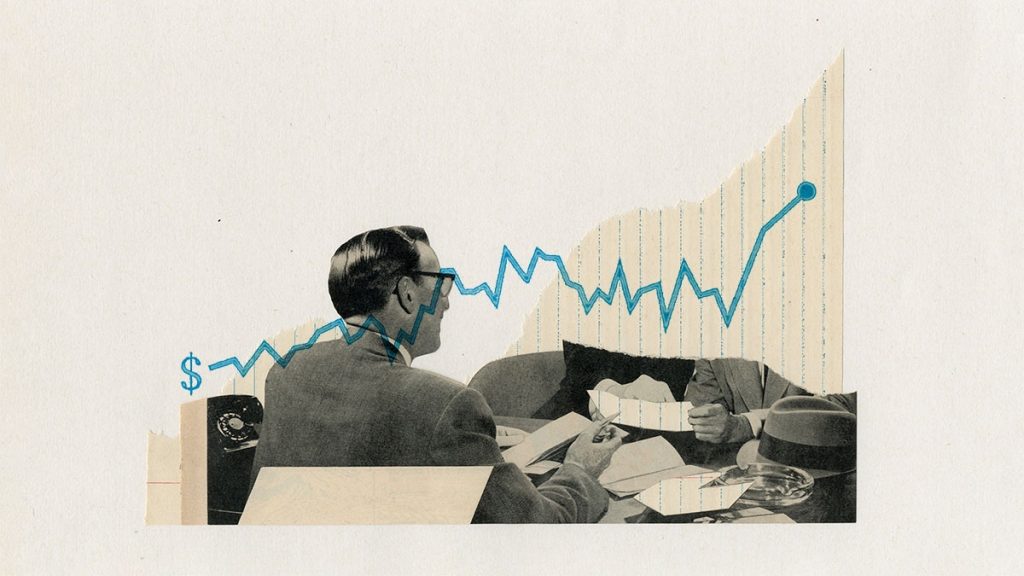Financing can be a force for good in society however, over the previous couple of years, structural and behavioral modifications have pushed the market away from its objective of serving customers and supporting the economy in favor of enhancing itself. Numerous of my trainees are eager to work in finance but concerned about being corrupted as soon as they stroll into their first tasks.
The policy is a crucial piece of the puzzle. But even within the restraints of existing structures, my research indicates that well-intentioned financing experts can buck the stereotypes and be successful without drawing out value from the rest of society. And we can all seek them as a good example. In studying lots of such people and firms, I discovered a couple of patterns. In simple terms, they serve their clients’ interests faithfully, but not in manner ins which causes harm to other stakeholders. They treat their colleagues with self-respect and promote diversity within their organizations and across the industry. And they use their skill sets and networks to contribute to the world beyond their job.
Take hedge fund supervisor Andy Okun. Rather of adopting the highly standardized customer terms utilized by most in his industry, he and his now-retired co-founder decided to develop theirs from scratch.
Frederic Samama, a senior manager at Amundi, Europe’s biggest asset manager, shows how to make sure that serving customers well does not indicate extracting worth from others.
Some finance specialists strive to enhance the market by promoting diversity. Natasha Lamb, the co-founder of wealth-management company Arjuna Capital, has actually taken the gender equity fight to big listed businesses. Because 2014, through shareholder propositions, she has been successful in getting 22 companies, including 9 big banks, to release gender pay gaps. When companies lag their peers, having to release these numbers produces internal pressure to enhance them.
David Webb shows yet another technique to contributing to society as a financing professional, by utilizing his skill set beyond his expert required.
None of the virtuous financing function designs I identified went into financing mostly to assist others. They likewise take into factor to consider more than simply their own or their company’s bottom-line at essential choice points, in methods that other well-intentioned finance experts should replicate.
Are they heroes? Hardly. The development they have actually made fades in contrast to the work presented by the physicians and nurses who have risked their own lives to save patients throughout the pandemic or frontline workers who have doggedly shown up to serve their communities as the virus spreads.
However, because of financing’s pervasive function in society and its outsized effect on individuals’ lives, we need virtuous specialists like Okun, Samama, Lamb, and Webb more than ever. They show that it’s possible to challenge market norms within the existing set of structures and rewards.
